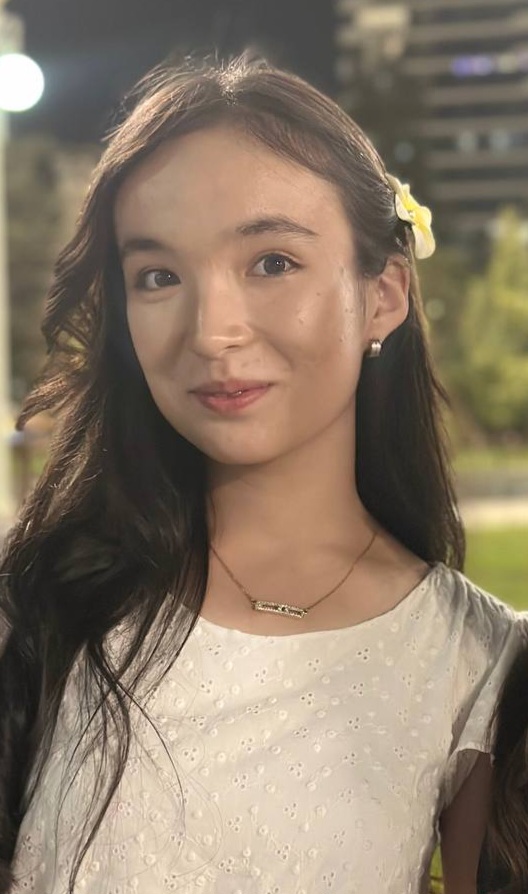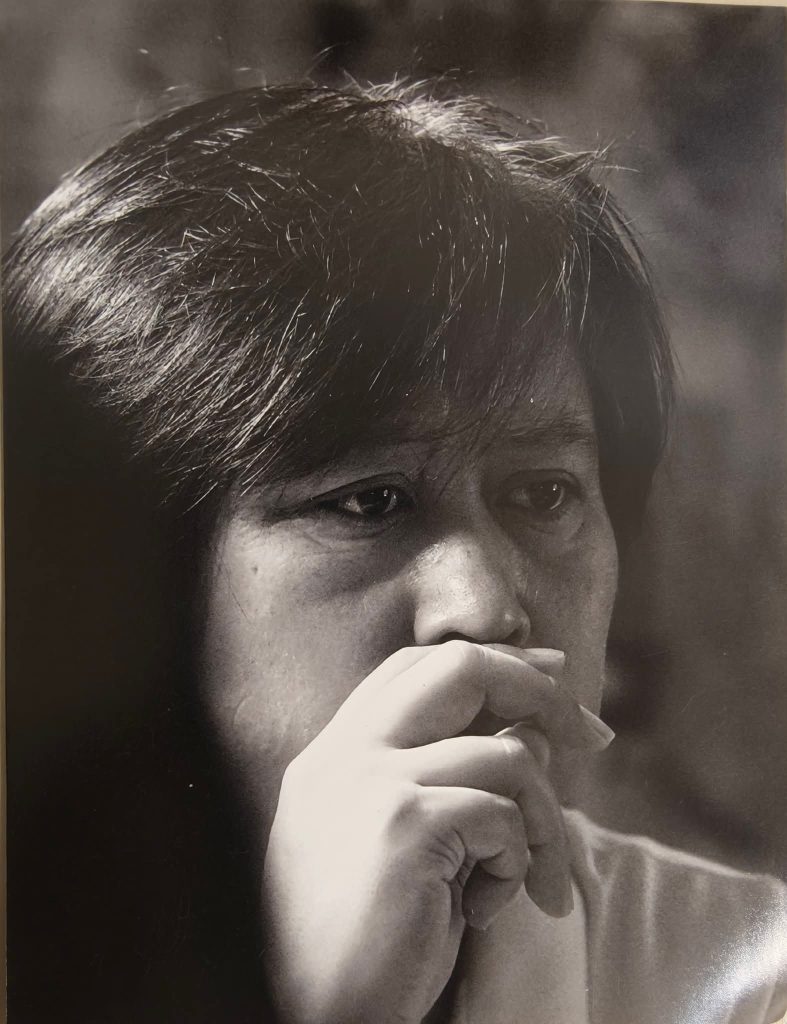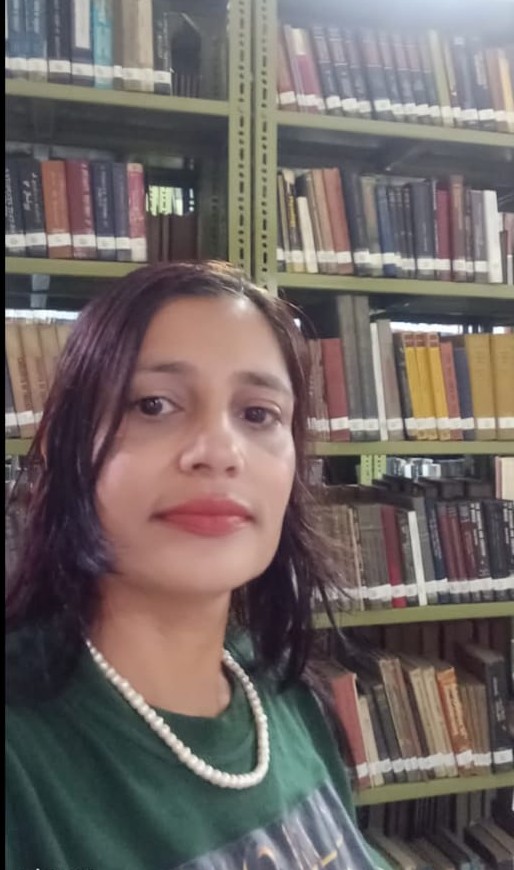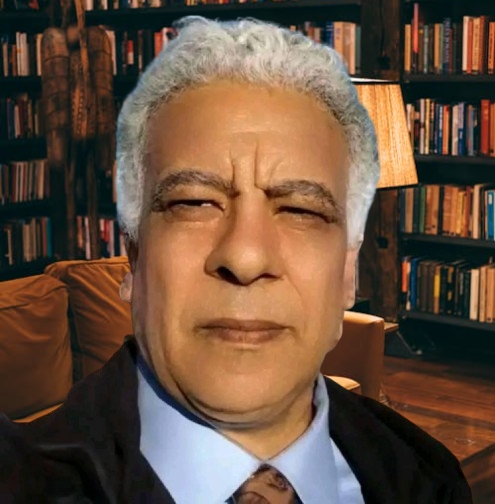
How does writing impact the world?
Do you know how many people around the world today prefer writing over speaking to express their thoughts? While oral speech and oral literature once prevailed, people later began using pictograms—symbols and drawings—as the earliest forms of writing. The benefits of writing for every human being are invaluable, and this has been proven throughout centuries. Writing is something we constantly do. Writing manifests itself around us in countless ways. A journalist’s speech on television is, in fact, a text first written and then transformed into oral discourse. The songs we listen to begin as written poetry before being composed into music. Posters, slogans, and advertisements on the streets are also forms of writing. Libraries across the world are filled with the emotions, experiences, memories, and wisdom that famous writers once poured onto paper.
The list could go on, but what has already been mentioned shows how vast the scope of writing is. What does writing give to a person? According to Harvard Medical School, keeping a journal reduces stress by 27%. One of its key benefits is that those who write regularly also develop clearer and more fluent speech. Writing is essentially thinking through letters on paper. Furthermore, research at Cambred with the emotions, experiences, memories, and wisdom that famous writers once poured onto paper.The list could go on, but what has already been mentioned shows how vast the scope of writing is. Whe, Chekhov, Lermontov, Jack London, Nodar Dumbadze, Gianni Rodari, Remarque, Agatha Christie, Abdulla Qodiriy, O‘tkir Hoshimov, and many others! Their unique works not only enriched their own minds and souls but also profoundly influenced humanity, shaping the knowledge, spirit, and worldview of future generations.
The first writing in human history—cuneiform—was inscribed on clay tablets with reed pens in Mesopotamia, mainly used for trade, accounting, and record-keeping. Imagine what a groundbreaking invention this must have been for early societies. Writing quickly became a part of everyday life.Through writing, events that occurred centuries ago, the lives of our ancestors, and great chronicles of history were preserved and passed down to us. For example, the epic Alpomish, the Epic of Gilgamesh, the inscriptions in Egyptian pyramids, and Zahiriddin Muhammad Babur’s Baburnama still provide us with rich knowledge of ancient life, customs, laws, and culture.Even today, people continue to write—so that future generations may learn, understand, and benefit.
In today’s world of advanced technology and social media, the posts people write online deserve special attention. A single error or poorly communicated idea can spark conflicts between nations. Conversely, well-expressed thoughts and clear proposals can unite countries, strengthen peace and friendship, and foster new partnerships.Writing is such a powerful force that it can move not only an individual’s soul but also entire nations—it can inspire, awaken, or, on the contrary, suppress.
The world-renowned Kyrgyz writer Chingiz Aitmatov, through works such as The White Ship, The Day Lasts More Than a Hundred Years (The Buranny Station), Farewell, Gulsary!, Jamila, and The Cassandra Brand, masterfully expressed human-nature relationships, compassion, humanity, and the power of dreams and hope.
Writing is happiness! It brings peace to the soul, clarity to the mind, and sharpness to thoughts. A person who can write freely and powerfully is an invaluable individual—because they can record truth, history, dreams, justice, and love. Writing demands great effort but also gives writers the ability to influence not only their readers but also the entire world.Writing is such a powerful weapon that it can assert its influence in any field. Whether in history, literature, and art, or in politics, international friendship, and peace—through writing, humanity always finds its voice.There are feelings and thoughts that are difficult to speak aloud, yet a person can capture and immortalize them through writing.
No matter how much the times change, even if perfect keyboards replace pen and paper, they will never replace the act of writing itself, nor diminish the power of heartfelt words expressed by the movement of a pen. Thus, writing remains the bond that connects humanity’s past, present, and future, uniting the inner and outer worlds of human existence.
Shahnoza Ochildiyeva
2nd grade student at Uzbekistan Journalism and Mass Communications University



